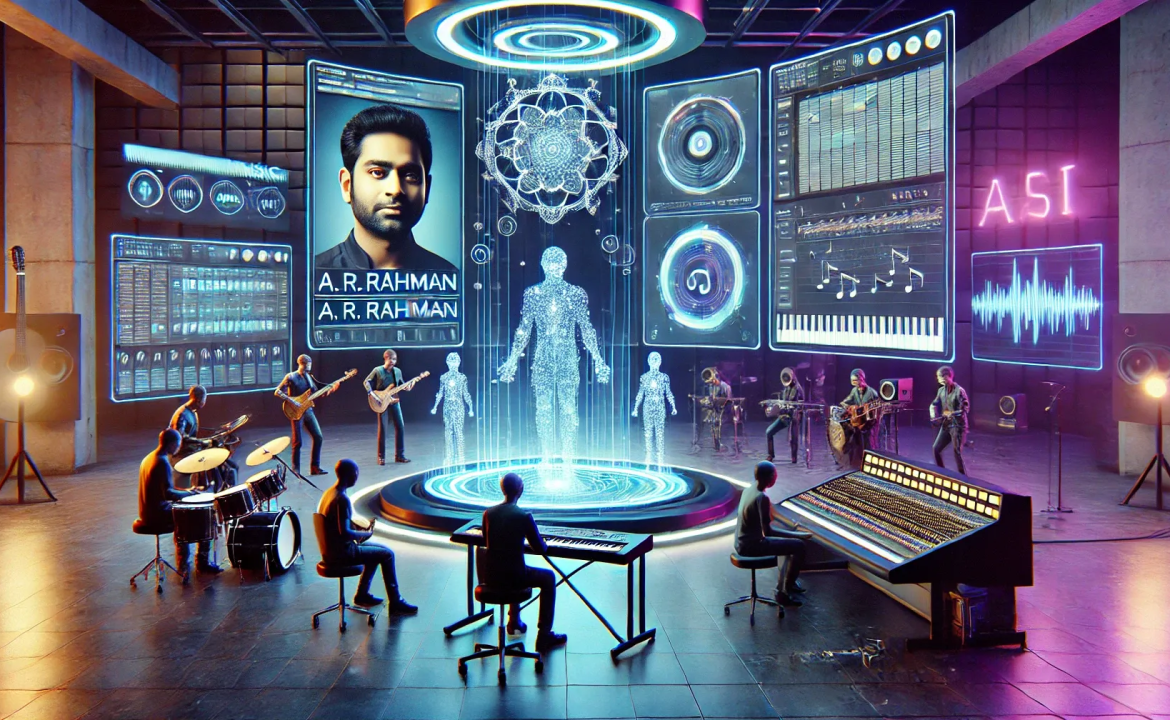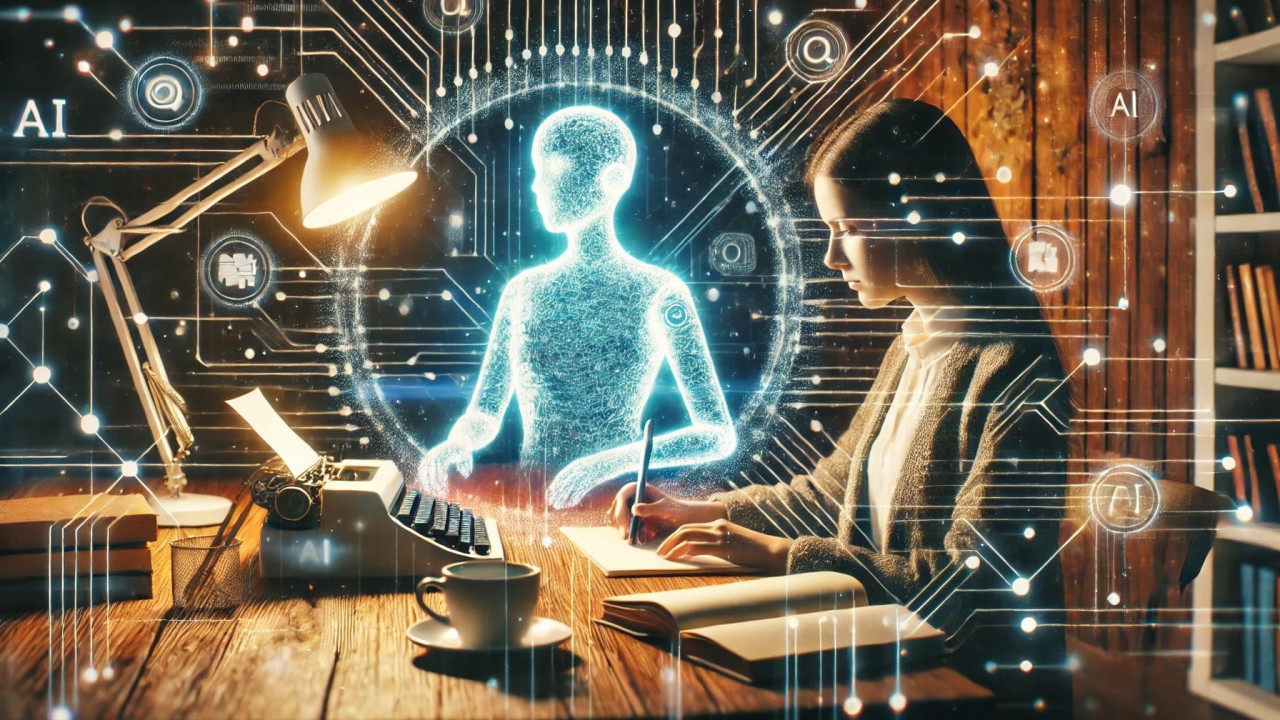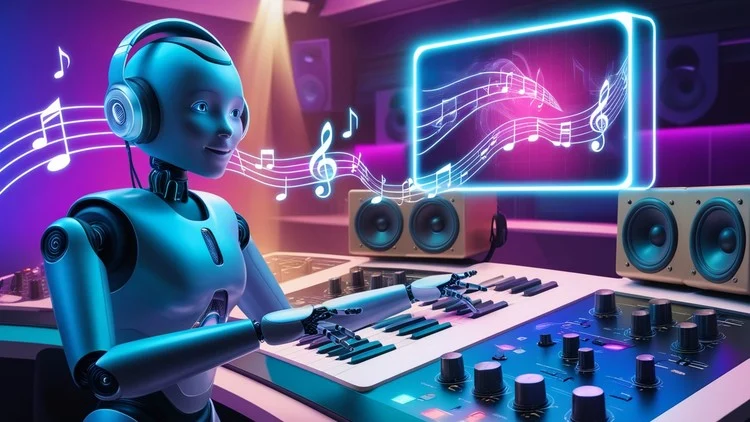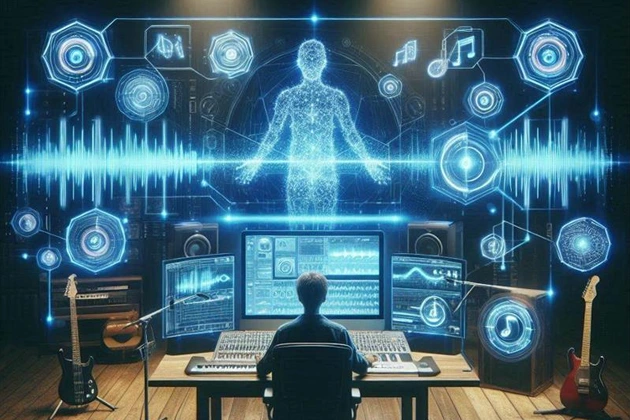Artificial Intelligence (AI) is rapidly reshaping the music industry—enabling new forms of composition, enhancing production, and automating creative tasks. While AI opens exciting possibilities, it also introduces complex challenges that impact musicians, producers, listeners, and the industry at large.
What Are the Challenges of AI in Music?
AI in music involves using machine learning models to compose, generate, remix, or analyze music. Though AI tools can create original-sounding pieces and mimic various musical styles, they bring a host of ethical, legal, and artistic concerns that are reshaping how we think about creativity and authorship.
Key Challenges in AI and Music
Authorship and Ownership
When an AI composes music, it’s unclear who owns the rights. Is it the developer, the user, or the AI itself? This ambiguity creates legal gray areas around copyright and royalties, especially when AI-generated compositions are used commercially.
Copyright Infringement
AI models are often trained on vast libraries of existing songs—many of which are copyrighted. This raises concerns about whether AI-generated music is truly original or if it inadvertently plagiarizes protected works, leading to potential legal disputes and ethical dilemmas.
Loss of Human Expression
Music is deeply rooted in human emotion and experience. Some argue that AI-generated music lacks the soul, intent, and nuance that come from lived human emotions. As AI becomes more involved in music creation, there’s a concern that the personal connection between artist and listener may be diminished.
Bias in Training Data
AI systems learn from the data they’re fed, which may reflect biases in genre, culture, and historical representation. This can result in the overrepresentation of popular or Western music styles while marginalizing less mainstream or culturally diverse musical traditions.
Impact on Musicians and Jobs
Automation of music composition, mastering, and sound design through AI tools could disrupt the job market for composers, producers, and session musicians. While some may adapt and use AI as a tool, others may find their roles diminished or replaced entirely.
Devaluation of Musical Effort
AI can produce music quickly and at scale, which may lead to a flood of low-effort, algorithmically generated content. This could devalue the time, skill, and creativity traditionally associated with making music, affecting how audiences perceive musical quality and originality.
Ethical and Creative Authenticity
Using AI to mimic the voice, style, or even likeness of famous musicians raises ethical questions. Is it appropriate to recreate an artist’s voice posthumously? Should AI be allowed to replicate iconic styles without permission? These questions challenge the boundaries of artistic identity and respect.
Conclusion
AI in music presents groundbreaking opportunities but also introduces significant challenges around creativity, ethics, and ownership. As technology continues to evolve, the music industry must navigate these issues carefully—ensuring that innovation doesn’t come at the cost of artistic integrity, cultural diversity, and human expression. Balancing AI’s potential with thoughtful regulation and ethical standards will be key to its responsible use in the musical world.







Leave feedback about this